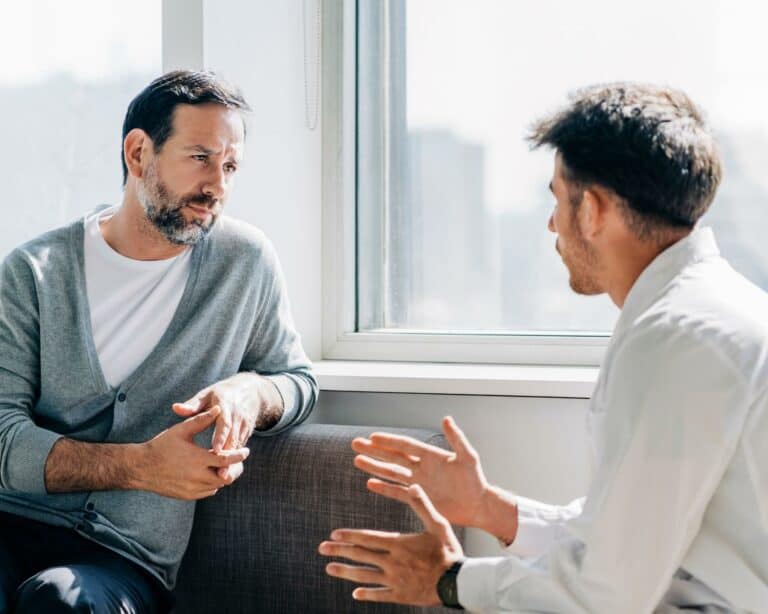
How to Have a Sober Thanksgiving
Gatherings during the holidays, like Thanksgiving can provide an opportunity for family and friends to have a relaxing celebration and…

The Most Wonderful Time Of The Year?
Culturally, the holiday season is regarded as the most wonderful time of the year. From endless Christmas movies with the…

Navigating the Holidays While In Recovery
Spending holidays with family and friends in early sobriety can be one of the most awkward and uncomfortable experiences to…
If you or a loved one are struggling with addiction or mental health, we can help. Request a call.
"*" indicates required fields



